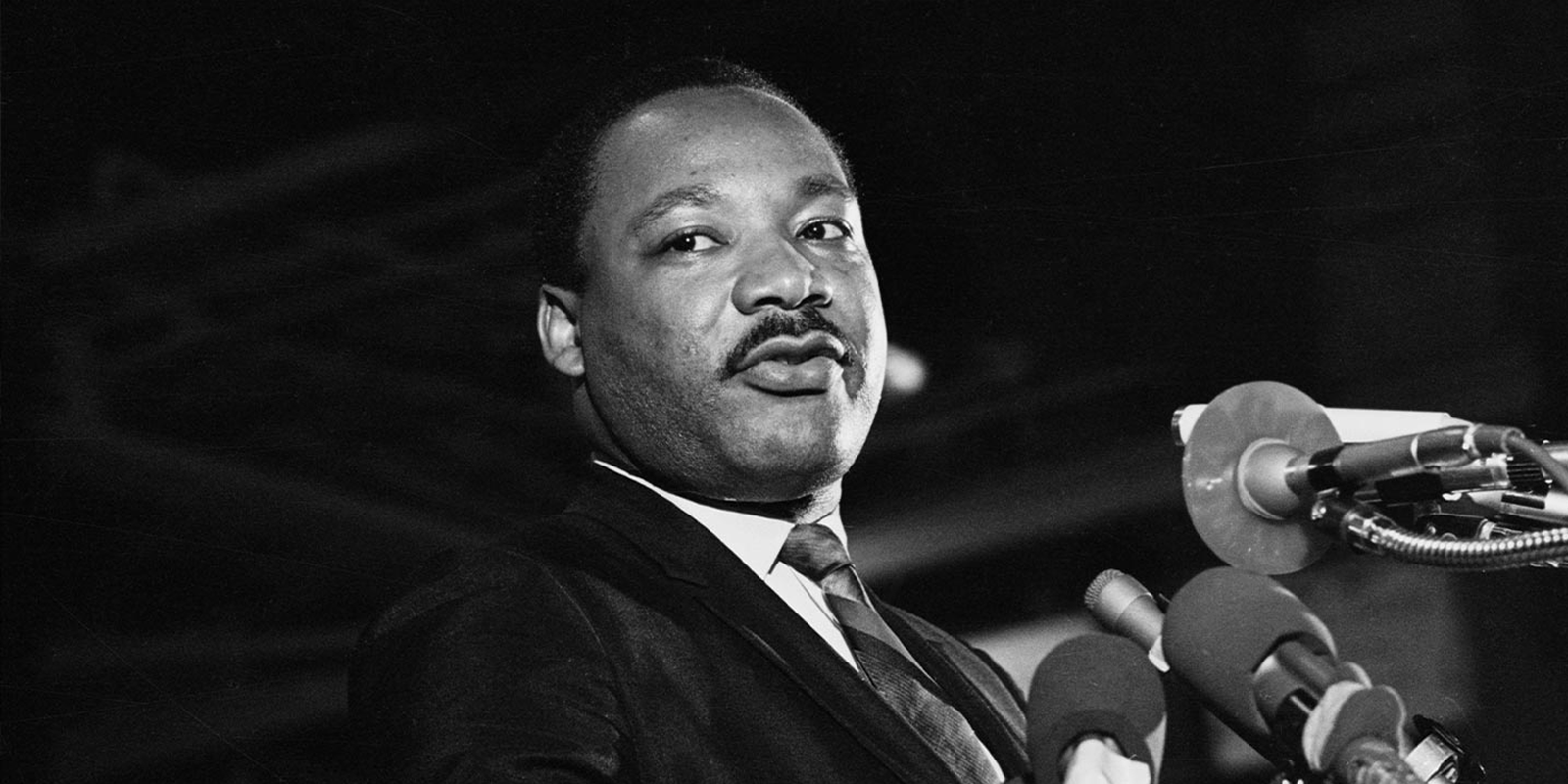Fifty-six years ago this evening, Dr. Martin Luther King Jr. stepped out on to the balcony of the Lorraine Motel in Memphis, Tennessee, when he was fatally struck by an assassin’s bullet.
Dr. King was in Memphis to lend his voice and moral authority to a group of extraordinary people taking a courageous stand, the city’s sanitation workers (represented by AFSCME Local 1733) who had gone on strike.
These 1,300 Black men had endured years of dangerous and degrading working conditions, earning poverty wages for backbreaking work, somehow turning the other cheek as they were called “boy.” They were essentially working in a modern-day plantation.
Finally, in February of 1968, they walked off the job — following a horrific accident in which two sanitation workers were crushed to death by a malfunctioning truck.
The strike was not just about better pay, retirement benefits and safety standards; the workers were seeking recognition of their basic humanity. That was the root of their bold, defiant slogan: I AM A MAN.
Dr. King believed to his core that civil rights and labor rights went hand in hand, part of the same struggle. He was in Memphis to join the sanitation workers’ fight because he knew that racial justice and economic justice are fundamentally linked.
The night before his death, in a speech to sanitation workers and members of the community at Mason Temple in Memphis, Dr. King seemed to foreshadow his own fate. Here is a clip of Dr. King’s historic “Mountaintop” speech.
“Like anybody, I would like to live a long life. Longevity has its place,” he said. “But I’m not concerned about that now. I just want to do God’s will. And He’s allowed me to go up to the mountain. And I've looked over. And I've seen the promised land. I may not get there with you. But I want you to know tonight, that we, as a people, will get to the promised land.”
More than half a century later, even with progress made on racial equity and workers’ rights, we still haven’t reached the promised land. So, on the anniversary of his death, we resolve to carry on his urgent work and answer his powerful call to action.
